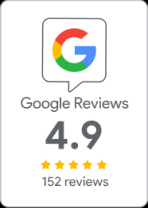

Job Search
Your next career move starts here
Oops! Sorry, we couldn't find any jobs matching your search
Please try removing some filters or searching for something else.
Can't find what you're looking for?
Register your details with us and then we will try and find you your perfect job!




